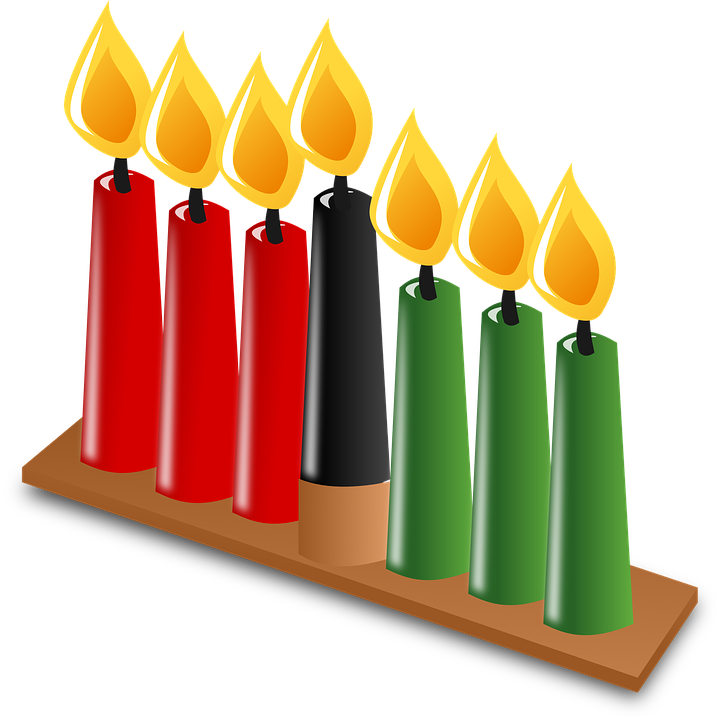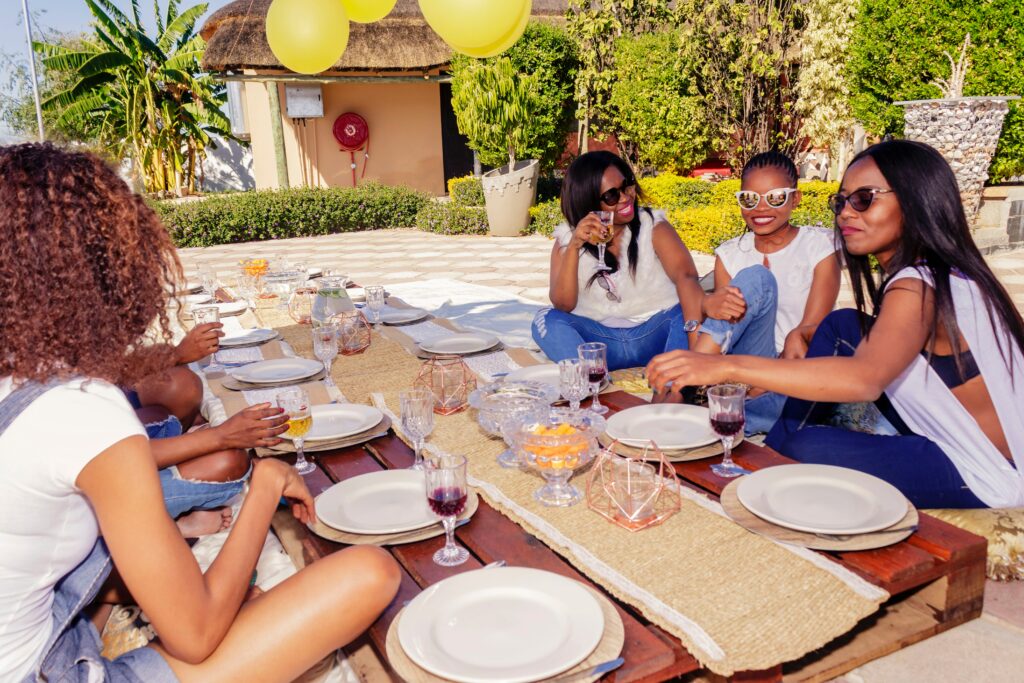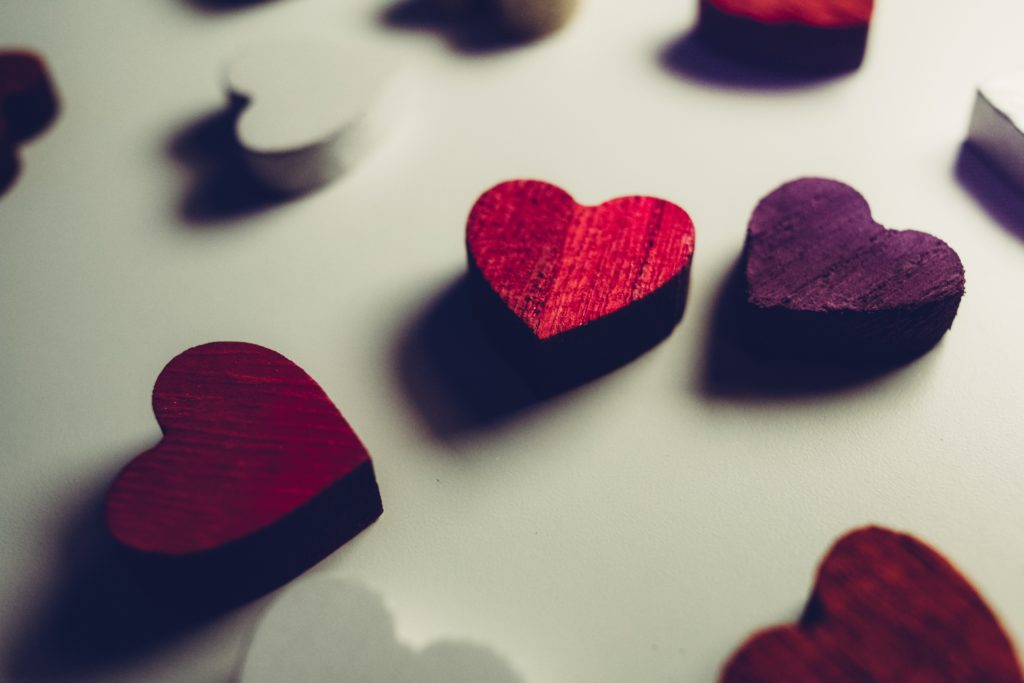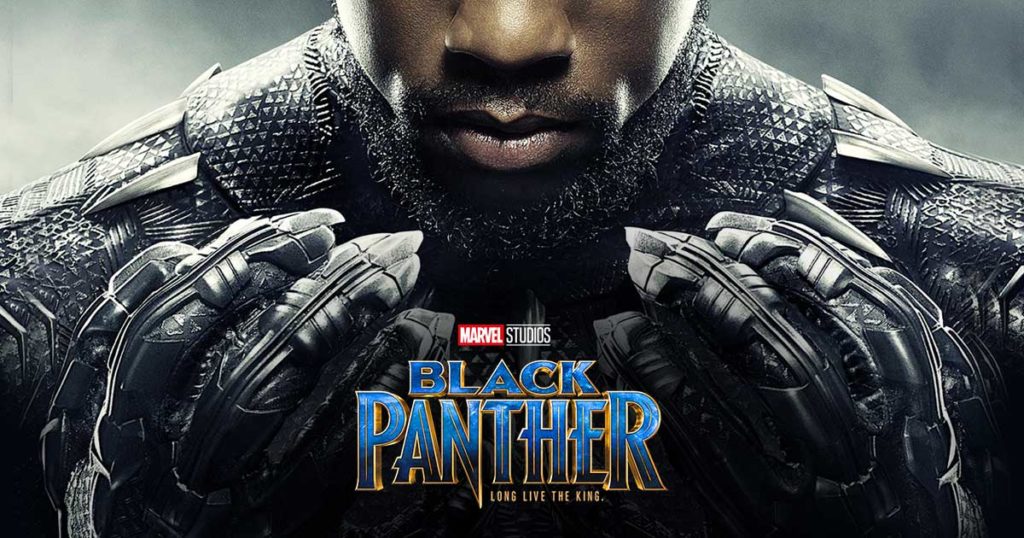“Happy, Kwanzaa!” says a well meaning Susan, the cashier, as I leave the store. Why do they always do this? I can feel my cheeks burn, (thank GOD I’m Black) and I shuffle out the door. Just slow enough that she doesn’t think I’m running from this awkwardness and the ever present worry of being Black enough, but fast enough that I might have been able to sneak out of a Black church before they call visitors to the front. Maybe.
What IS Kwanzaa? I didn’t know, but I wasn’t going to let Susan know that.
Where Did Kawanzaa Even Come From?
Kwanzaa is a holiday that is about celebrating African and African-american ancestry. Created in the 60s, by Dr. Maulana Karenga, a professor at California State University, it was seen as a time to celebrate Black Americans African roots. Although currently practiced by some all over the world and by many in the States, many a Black person has limited exposure to Kwanzaa. Unless your family was lucky enough to have strong African ties, weren’t enslaved here, and/or are VERY pro-Black, you most likely skipped this holiday.
The 60s were a time of Black Americans trying to decide who we were post civil rights era,Part of that meant deciding what we’d call ourselves, and how we were going to celebrate our culture. This was a time of Black Americans gaining power and self love and Karenga took it upon himself to create a secular holiday to help us remember the culture we came from and to support our people moving forward. Since then the culture remains split on whether to celebrate it or not. Although it was never meant to replace Christmas, it did get that reputation. It also got a reputation for being as holiday essentially for only the most serious pro-Black families. Whether we celebrate it or not, many Black folk feel a pressure to do so, and are confused and unsure about Kwanzaa.
So, What Even is Kwanzaa?
Kwanzaa is a non religious holiday that takes place from the 26th of December to Jan 1. It is meant to be a celebration of African Americans, and is based on several harvest festivals. Swahili features strongly in the holiday due to it being the most common language in Africa even though many Black Americans don’t speak it..
There are some symbols that are kept up during the holiday:
- Crops
- A straw mat
- Candle holder
- Corn
- Gifts
- Unity cup
And of course, the 7 candles. (3 red, one Black and 3 green)
Together they create an alter and are the center point of the holiday. Sometimes the Bendera Ya Taifa: The Black Nation flag, is included.

There are 7 Principles and each is the focus of a single day.
Umoja (unity)
Kujichagulia (self- determination)
Ujima (collective work and responsibility)
Ujamaa (cooperative economics)
Nia (purpose)
Kumba (creativity)
Imani (faith)
As you gather to light one of the seven candles, you greet each other with “habari gani” and the response is the daily focus. This is the time to reflect on how you embodied the principle of the day.
From there there is a great deal of storytelling, food, and sometimes performances, all leading up to the 31st with a feast. This may be the time that children are given gifts, called zawadi. These zawadi are only given out on the last night and must consist of a book and a heritage symbol. It could be something relating to your family specifically or your African ancestry handmade.
The Final Day
The final day, Jan 1, is the day of Meditation. It’s a time to contemplate Kawaidi (tradition and reason) with these three questions:
“Who Am I?”
“Am I really who I say I am?”
“Am I all I ought to be?”

Who should celebrate this?
Dr. Maulana Karenga says anyone who wants to appreciate African culture should celebrate Kwanzaa, no matter their background. It was created for African Americans and has been adopted by many Africans, so clearly some appreciate the tradition. It’s a way to really connect with the community and some African roots and ideas.
I’ve never celebrated and, honestly, I was shocked at how little I knew about it. Personally I’m not sure it’s aligned with how I view myself and my Blackness. But I love that it exists to be a way for people to connect with the culture, themselves, and to commit every year to the success of our people.
Have you celebrated Kwanzaa? Do you want to? Let me know in the comments!
Liked this article? Consider buying the writer a coffee!

